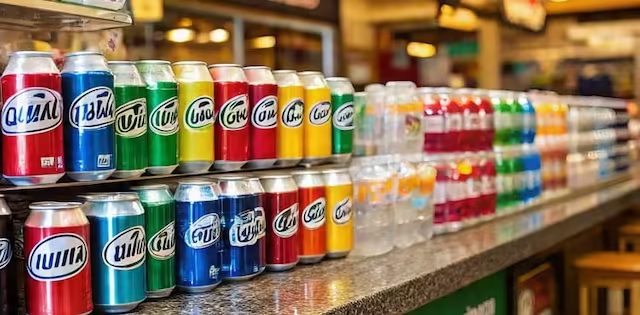Under the new tiered volumetric approach, the tax will be assessed according to graded bands determined by the total amount of sugar per 100 millilitres of beverages falling within each bracket.
This replaces the current flat-rate system, which imposes a fixed 50 percent selective tax on the retail price of sweetened beverages subject to the tax.
In line with this decision, the Zakat, Tax and Customs Authority (ZATCA) published proposed amendments to the Implementing Regulations of the Excise Goods Tax Law on the Public Consultation Platform Istitlaa.
The amendments outline the tax provisions for transitioning to the new volumetric model, following approval by ZATCA’s board of directors to open the consultation process. The public can submit feedback on the proposals until 23 October.
The revised methodology will apply to all sweetened beverages including those added sources of sugar, artificial sweeteners, or other sweetening agents produced for consumption as drinks.
The excise tax applies to all forms of beverages, whether ready-to-drink or in the form of concentrates, powders, gels, extracts, or any other product that can be converted into a beverage.
The implementation of the new methodology across GCC member states follows the committee’s resolution to modify the mechanism for calculating excise tax on sweetened beverages.
In Saudi Arabia, the new system is scheduled to take effect from the beginning of 2026, once all necessary legislative and regulatory requirements are finalized and details are published.
ZATCA said the early announcement aims to give manufacturers and importers enough time to prepare. It plans to hold workshops with relevant agencies to explain the technical details and ensure a smooth transition.
The authority stated that awareness workshops will be held in coordination with relevant entities to explain the technical aspects of the new system and ensure a smooth and well-informed transition.

